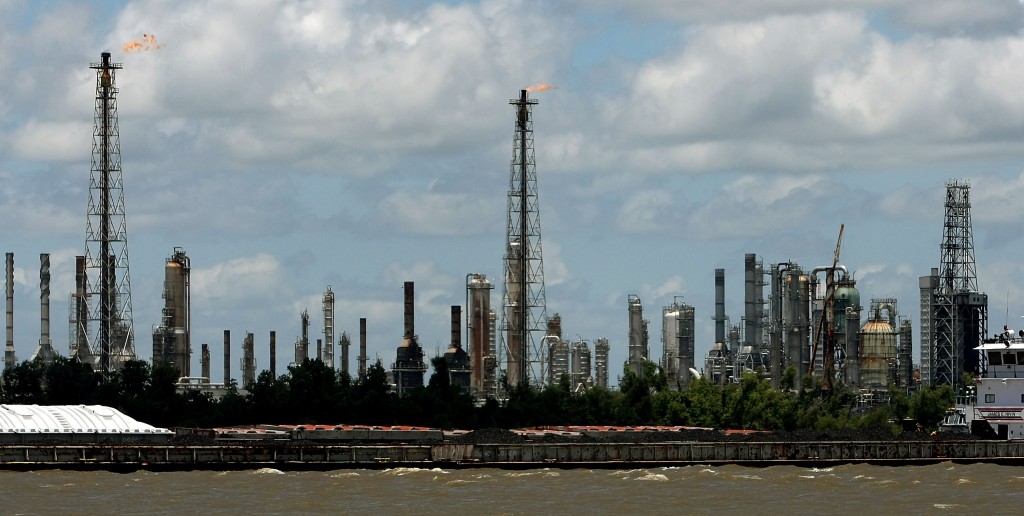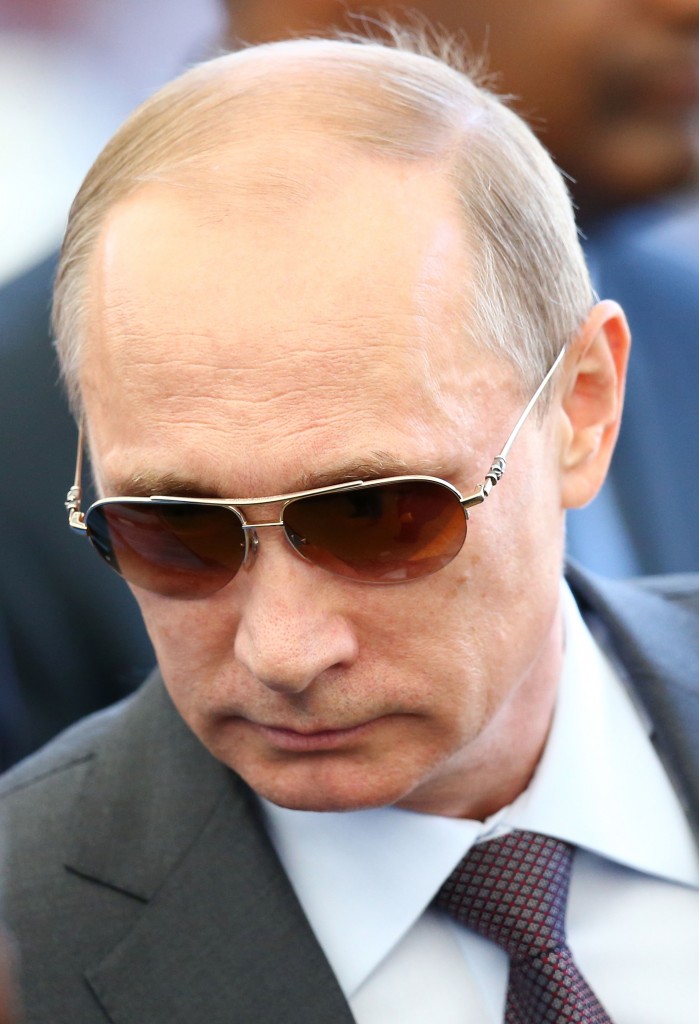On August 14, 2015, the U.S. Department of Commerce (DOC) Bureau of Industry and Security (BIS) announced the approval of licenses for limited exchanges of crude oil between the U.S. and Mexico; namely, swapping Mexico’s heavy grade crude with lighter grade U.S. crude. The decision addresses the mismatch between the light sweet crude oil produced… Keep reading →
BIS
U.S.-Mexico Oil Swaps Unlock Avenue For U.S. Light Crude
By Enerknol ResearchSign up and get Breaking Energy news in your inbox.
We will never sell or share your information without your consent. See our privacy policy.Sanctions Update: The U.S. And The EU Impose Further Measures Against Russia
By Alexandra Allan, Tom Evans, Siân Fellows, Alexandra Gordon, Leigh Hansson, Michael Lowell, David Myers, Hena Schommer | Reed SmithU.S. Passes New Sanctions Authorizing Statute – Sends Russia Frigid End of Year Message
President Obama: U.S. will “review and calibrate” sanctions in response to Russia’s actions
On December 18, 2014, President Obama signed into law the Ukraine Freedom and Support Act of 2014 (“the Act”), the latest move in a series of sanctions imposed on Russia by the United States and the EU over the past year (full coverage of the Russia sanctions can be found here). While the Act gives the president authority to implement new sanctions against Russia, President Obama has declined to enforce the new provisions at this time. The strategy behind this move is unclear, though it appears to be a “wait and see” approach with the hope that even just the threat of new U.S. sanctions will curb Russia’s destabilizing efforts in Ukraine and the wider Eastern Europe and Central Asia regions. It is also believed that the U.S. administration wants to continue to remain in lock-step with the EU and its imposition of sanctions against Russia.



